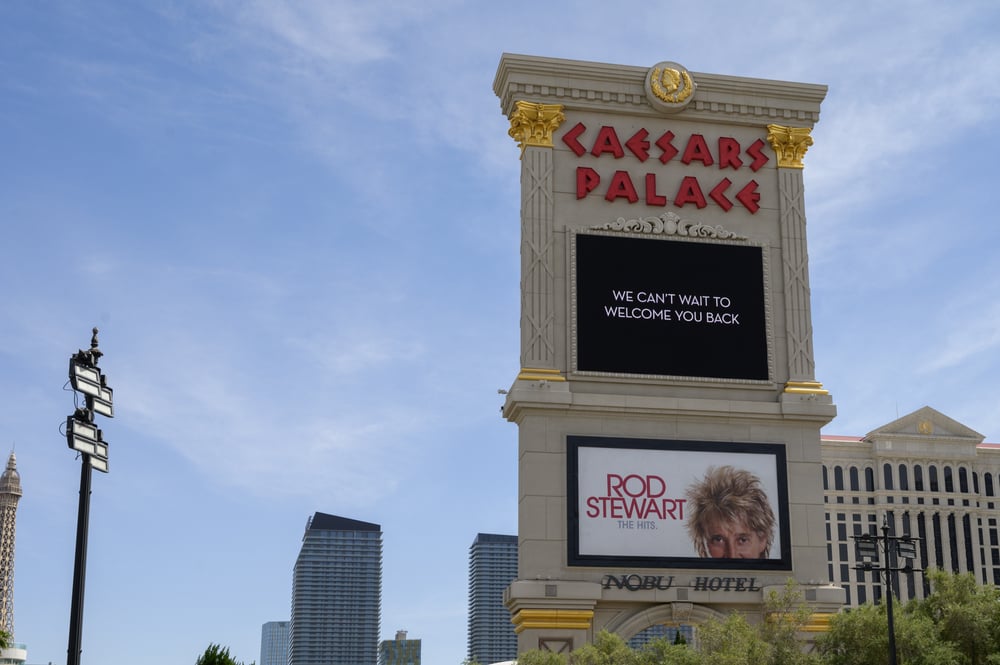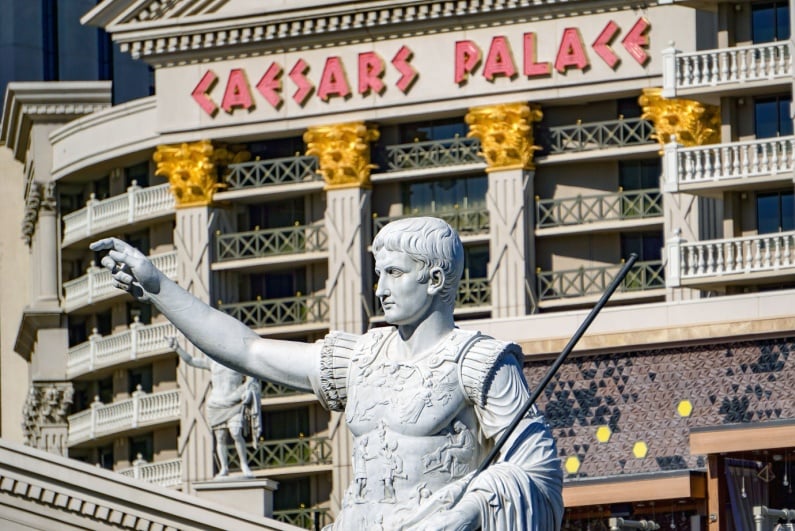Covering significant losses
The COVID-19 pandemic has caused serious issues for Reno-based gambling operator Caesars Entertainment. Now, with the aim of covering losses incurred during the crisis, the company has sued its insurers for more than $2bn.
Caesars filed a lawsuit with the Clark County District Court in Las Vegas on Friday. The company alleges that it purchased insurance coverage to protect against “all risk of physical loss or damage” and resulting business disruption. Caesars paid more than $25m in premiums, which should have provided more than $3.4bn in coverage limits, according to the suit.
insurers “failed to pay a single penny for the business interruption”
Caesars’ full-year 2020 loss reached $1.8bn in comparison to net income of $81m in 2019. Despite this, the lawsuit says that insurers “failed to pay a single penny for the business interruption.”
A closer look at the case
Caesars disclosed the 80-page lawsuit in a filing with the US Securities and Exchange Commission on Monday. It named 60 insurance companies as defendants, including Allianz Global Corp., American Guarantee, and Liability Insurance Co.
$1.6bn in bank loans and $722m in new debt
The company alleges that those insurers should have covered losses for its US properties, including casinos in a total of 16 states. Although all of Caesars’ casinos have now reopened following various periods of closures, the lawsuit points to lasting damage to the company’s financial position. The operator ended the year with $1.6bn in bank loans and $722m in new debt.
Additionally, in an effort to combat losses, Caesars furloughed and placed on leave “a substantial number” of its pre-pandemic workforce. It also reduced the salaries of management-level employees and donated more than $1m to charitable organizations.
The lawsuit describes Caesars’ alleged right to pandemic coverage as a controversial issue, noting other cases in which insurance providers had denied their clients’ coverage for similar losses. Still, the company expressed hope for “an amicable resolution” with the defendants.
Not the first casino operator to sue
The Wall Street Journal reports that, according to COVID-19 litigation tracking research from the University of Pennsylvania Carey Law School, more than 200 US businesses have filed suits against insurers over pandemic-related losses. Of those cases, more than 80% ended in victory for the insurers.
In the gambling industry, Circus Circus and Treasure Island owner Phil Ruffin filed legal complaints against insurers of the Las Vegas casinos last year. Like Caesars, he hoped to recoup losses incurred as a result of the region’s lockdowns and restrictions.
The Circus Circus suit alleged that an “all risk” policy covered its losses up to around $600m. US District Judge Jennifer A Dorsey dismissed the case last month after ruling in favor of AIG Speciality Insurance Company.
Sin City back on track
On the bright side for Caesars, an increase in capacity limits and the beginning of March Madness may have boosted hopes for Vegas’s post-COVID-19 business to bounce back. The new 50% casino capacity and the NCAA tournament contributed to an increase in Las Vegas traffic, with thousands flocking to the Strip over the past two weekends.
untapped demand for Las Vegas”
According to the Associated Press, the Las Vegas Strip, the downtown Fremont Street casino pedestrian mall, and McCarran International Airport all saw large numbers of visitors this past Saturday and Sunday. It has stirred talk of a pandemic recovery for the area, with Alan Feldman, a fellow at the International Gaming Institute of Nevada, describing an “untapped demand for Las Vegas from consumers across the country.”
The return of business has also allowed some Las Vegas casinos to return to full operations. On Monday, the Encore at Wynn Las Vegas announced the resumption of a seven-day-week operation starting April 8. Previously, the hotel and casino were only open over the weekend because of low traffic numbers.




